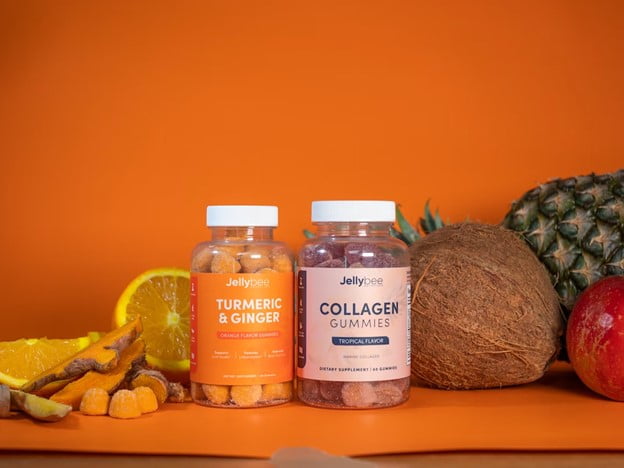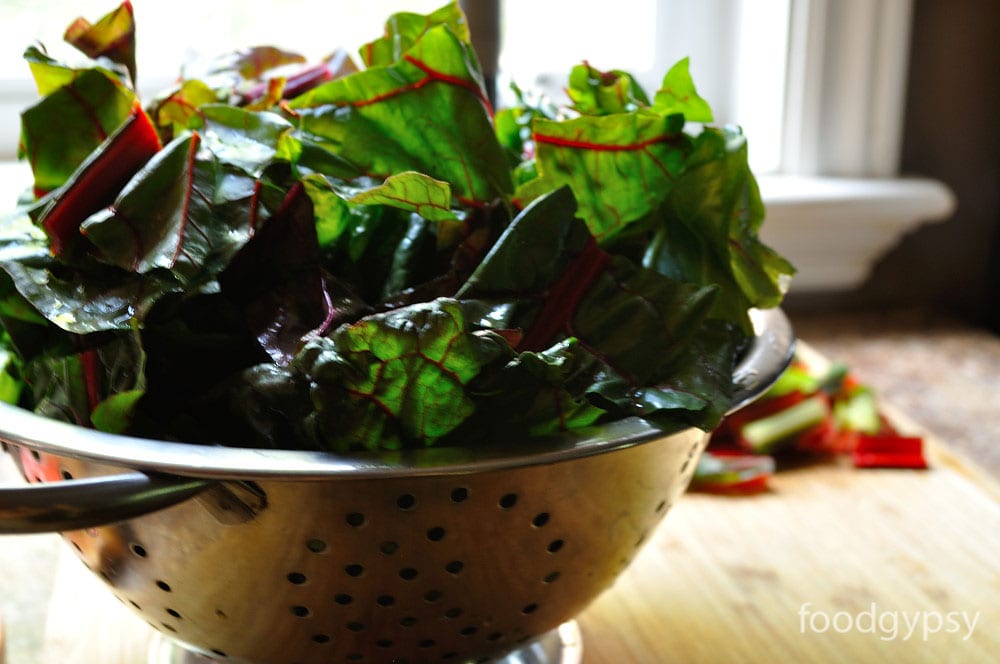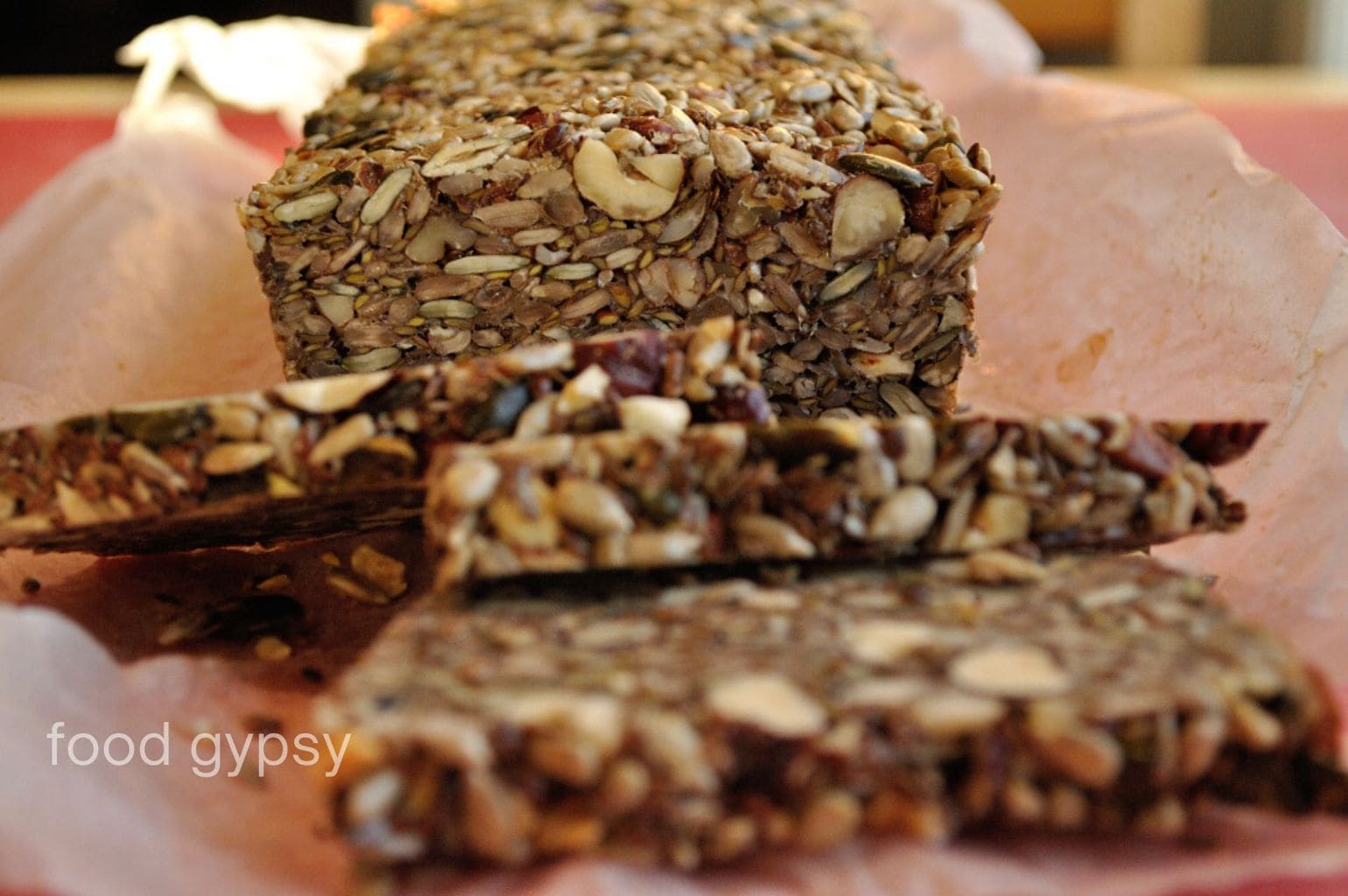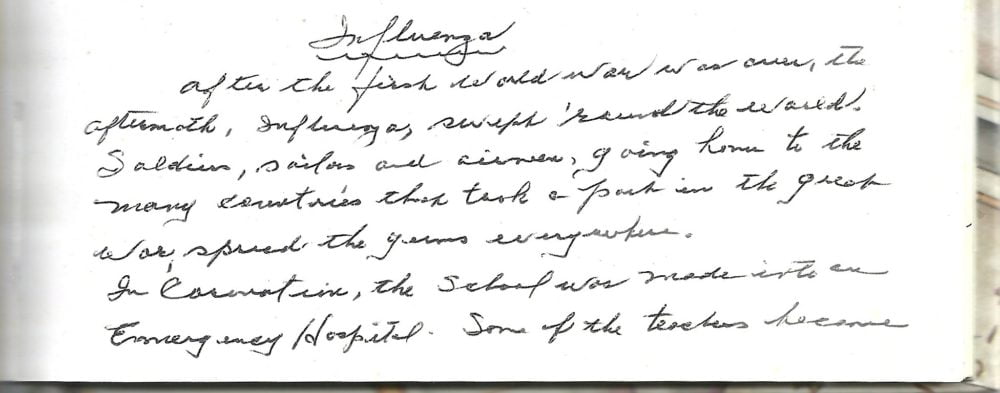Located in Saint-Eustache, Quebec, a two-hour drive from Ottawa and a little over an hour…

Six major Vitamins and Supplements You Need as a Vegetarian
As a vegetarian, it’s important to make sure you’re getting all the nutrients your body needs. This can be a challenge since many of the foods rich in nutrients, such as meat and fish, are off-limits in a plant-based diet. Luckily, there are a few key supplements that can help fill any nutrient gaps. Here are six of the most important ones to keep in mind.
B Vitamins
B vitamins are essential to keep your energy levels high and your metabolism running smoothly. Unfortunately, most sources of B vitamins come from animal products, so it can be difficult to get enough from a plant-based diet alone.
You can supplement this nutrient deficiency with fortified foods or supplements containing B complex vitamins. This can help you to maintain healthy levels of B vitamins without compromising your lifestyle. So if you’re looking for an easy way to get the essential nutrition you need as a vegetarian, consider supplementing with B vitamins.
Vitamin D
Vitamin D is an essential component of any diet as it plays a major role in maintaining healthy bones. Without enough Vitamin D, your bones could become brittle and weak. The recommended daily International Units (IU) of Vitamin D for adults is at least 600, every single day to protect their skeletal structure.
There are two main ways to make sure you get enough of this vital nutrient – regular and safe sun exposure, or through supplementation. It’s wise to consult a doctor before starting any vitamin regimen, as taking too much could be harmful to your long-term health. Ultimately, providing your body with Vitamin D can help ensure longevity and optimal well-being down the line.
Omega-3 Fatty Acids
They are essential for optimal brain health, but not everyone knows that Omega-3 fatty can be sourced through plant-based foods. Flaxseed oil and chia seeds are two of the top plant sources of Omega-3 fatty acids, and both can be easily incorporated into your daily diet.
Flaxseed oil can be used in salad dressings or drizzled over dishes like oatmeal, while chia seeds can be sprinkled on toast or yogurt – they even make a delicious pudding. With these simple additions, you’ve got the perfect way to ensure your body gets all the Omega-3 fatty acids it needs without relying on animal-based sources.
Iron
Iron is essential for vegan and vegetarian diets as it works to efficiently carry oxygen around the body. Without enough iron in the diet, vegan or not, you can feel physically and mentally drained, making everyday tasks more difficult to complete.
To ensure your plant-based diet contains enough iron, you should include a variety of vegan-friendly sources such as legumes, whole grains, and leafy greens like spinach or kale in your meals. Additionally, be sure to take vegan-friendly iron supplements if needed to reach recommended daily intake levels to feel energized throughout the day.
Calcium
It’s important to consider the dietary sources of calcium you’re consuming. This mineral is essential for healthy bones and teeth. Dairy products are rich in calcium; however, if you’re lactose-intolerant or choose a dairy-free or vegan diet, then you may well suffer from a calcium deficiency.
Increasing your consumption of dark leafy greens and beans can ensure that you still integrate enough calcium into your daily diet. While your daily diet is the best source of vital nutrients, additional options such as plant-based milk fortified with extra calcium, or vegan supplements formulated with this mineral are available.
Eating a balanced diet and taking supplemental measures when needed ensures optimum bone health.
Zinc
Zinc is a vital nutrient, and not getting enough can cause serious health issues. For example, without sufficient amounts, you may experience fatigue, immune deficiencies, and problems with cell growth. Fortunately, it’s easy to include zinc-rich foods in your diet by including plant sources such as beans, nuts, seeds, and grains.
However, you may find that you need an additional zinc supplement in order to get enough of this mineral into your system due to the lower absorbency rate from plant sources compared with animal sources. Consult your doctor to determine alternative ways to supplement this mineral deficiency into your vegetarian or vegan diet.
Live well, eat plants!
If you’re a vegetarian, vegan or simply reducing meat and focusing more on a plant-based diet, it’s important to make sure you’re getting all the nutrients your body needs for optimum health and vitality. This means including plenty of B vitamins, vitamin D, omega-3 fatty acids, iron, calcium, and zinc in your diet. You can get these nutrients through fortified foods or supplements, and by eating a variety of deeply nutritious foods.
Remember to consult your doctor before incorporating any supplements into your diet. Live long, eat plants.

Disclaimer: This is a sponsored post, as such I have been compensated monetarily and/or with product samples. My participation is voluntary and, as always, the opinions herein are entirely my own.





Avoiding late-evening snacking can aid in weight loss
by reducing calorie intake.
Your posts have the perfect blend of information, examples, and personal accounts.